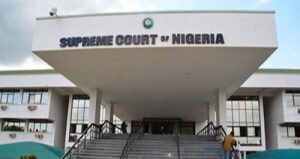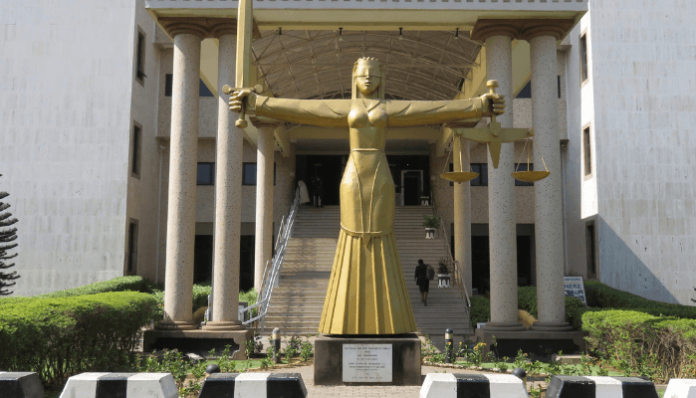The battle for local government autonomy in Nigeria has escalated to the highest court in the land. The federal government, represented by the Attorney-General of the Federation, Prince Lateef Fagbemi (SAN), has filed a suit against all 36 state governors, seeking to enforce full autonomy for local governments—the third tier of government.
Local governance in Nigeria has long been plagued by the overbearing influence of state governors. These governors control funds meant for local governments through joint accounts, stifling efficient governance at the grassroots level. Additionally, they have been accused of arbitrarily dissolving democratically elected local government leaders, appointing caretaker committees, and delaying council elections.

In the suit marked SC/CV/343/2024, the federal government makes several critical requests:
- Prohibition of Unilateral Dissolution
The government urges the Supreme Court to issue an order prohibiting state governors from unilaterally dissolving democratically elected local government leaders. This move aims to protect the integrity of local governance structures.
- Direct Allocation of Funds
The federal government seeks an order allowing local government funds to be directly channeled to them from the Federation Account. Currently, governors control these funds through joint accounts, which the government deems unlawful.
- Caretaker Committee Restriction
The Attorney-General asks the court to stop governors from constituting caretaker committees to administer local governments. Instead, he emphasizes the need for a constitutionally recognized and guaranteed democratic system.
- Injunction Against Fund Tampering
The federal government seeks an injunction restraining governors and their agents from tampering with funds released from the Federation Account. This injunction applies when no democratically elected local government system is in place.
The plaintiff argues that the Constitution explicitly recognizes federal, state, and local governments as three distinct tiers. Local governments, in particular, should operate democratically elected systems. Despite these constitutional provisions, governors have consistently failed to establish such systems, even in the absence of declared emergencies.
State governments have resisted previous attempts to enforce local government autonomy. Former President Muhammadu Buhari accused governors of misappropriating local government funds in December 2022. Now, the federal government’s legal action may signal a turning point.
Local governments currently face significant challenges. Insecurity, crumbling healthcare centers, struggling schools, and failing markets characterize their plight. The fight for autonomy is not just about legal battles; it’s about revitalizing the heart of governance and ensuring effective service delivery to citizens.
As the Supreme Court prepares to hear this landmark case on May 30, the fate of local government autonomy hangs in the balance. Will the scales tip in favor of grassroots democracy, or will governors continue to wield disproportionate power? Only time—and the court’s judgment—will tell.




